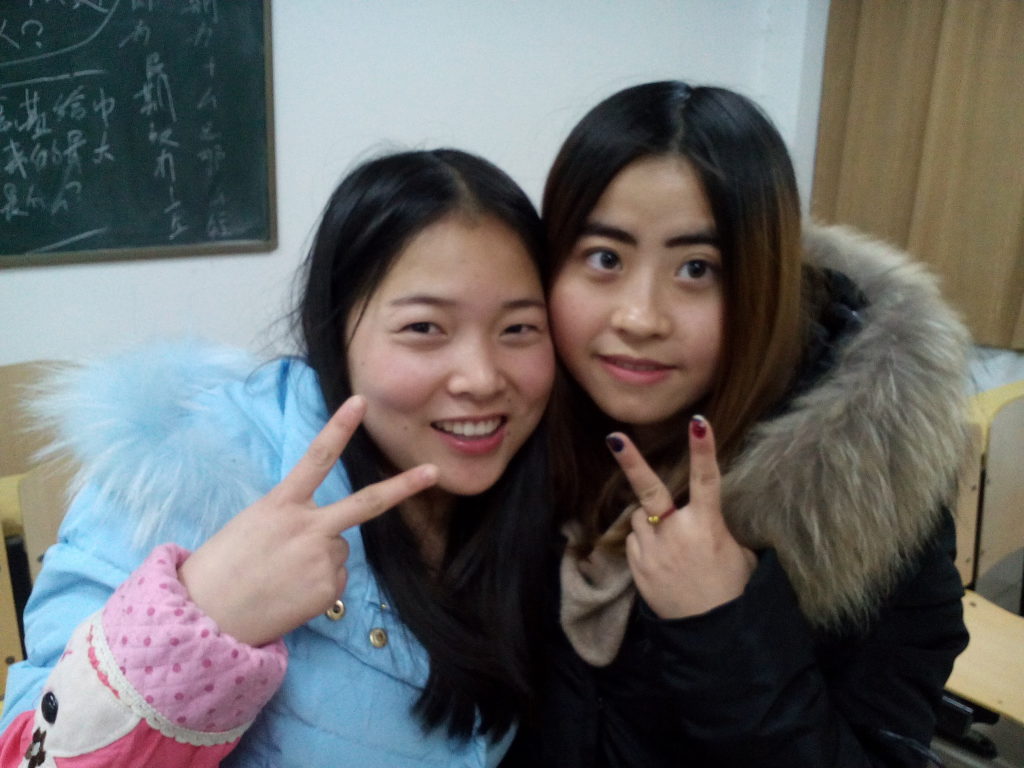
“My return trip home from the coronavirus capitol of Wuhan gave me a sense of peace for, oh, about fifteen minutes. Then my thoughts began to run to Yogi Berra’s famous quote “It’s like deja vu all over again.”
The recent outbreak of coronavirus throughout the United States brings back the same feelings as Wuhan’s January plunge into the abyss.

Initial reactions from people around Columbus, Ohio, where I am now, sound eerily familiar to comments heard several months ago.
“Oh there are only a few scattered cases. I’m not worried.”
“The virus just makes old people sick.”
“The media is making this out to be bigger than it really is.”
“It’s a political conspiracy.”
The comments sound reminiscent of MAD magazine’s Alfred E. Neuman’s famous phrase “What, me worry?”
The Chinese government, when it got its act together, quarantined the 11-million-person city of Wuhan. America may soon face similar draconian measures.
Farfetched impacts like the complete shutdown of the airline industry soon to be followed by the restriction of personal freedom including but not limited to the closing of sporting events, movie theaters, public transportation including Uber, grocery stores, and schools now appear possible.
The intention here isn’t to evoke terror but to make you less complacent. Brushing the coronavirus off like an idle threat only compounds the problem.
Following simple guidelines like washing your hands and keeping a reasonable social distance work to combat the virus.
While many have taken cheap shots at the coronavirus capitol of Wuhan, they did rally as a city to do what was necessary to fight it.

Citizens across America may have to soon start cooperating in similarly unprecedented ways to deal with disruptions that halt modern conveniences and impact families.
The 2020 presidential campaign reintroduced the word “socialism” to the nation’s daily vocabulary.
The definition of socialism is:
A political and economic theory of social organization which advocates that the means of production, distribution, and exchange should be owned or regulated by the community as a whole
The coronavirus showed Wuhan citizens that self-reliance and personal freedom of movement and actions stop in a crisis. The community as a whole needed to work together to regulate distribution and exchange of goods and reduce personal liberties for the benefit of all.
A centuries-old Chinese culture allowed for the Wuhanese to embrace these extraordinary actions to fight the coronavirus challenge. Can America pull off a similar effort?
I saw this horror movie when it opened in Wuhan. My friends send back daily depressing snippets of how the virus continues to turn lives upside down. But their resiliency shows through.
Hopefully we won’t get to their level of disruption. But to me, it sure seems like a rerun of a movie I don’t want to see again.
John McGory is an author. His recent book, Seeking Balance: The ultimate guide to English-speaking excellence for the shy, foreign, or frustrated is available on Amazon.
